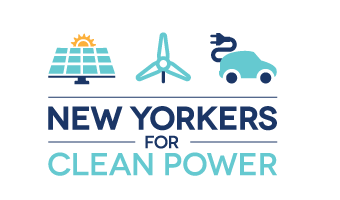| As states set ambitious greenhouse gas reduction targets, we face significant barriers to decarbonization, including entrenched regulatory regimes that incentivize gas growth and tension between environmental and consumer advocates, utilities, and other stakeholders.
The first and foremost barrier is stopping the continued rise in gas demand — and the distribution and upstream pipeline infrastructure growth it drives.
Pace Energy and Climate Center invites you to join us for a presentation of our forthcoming white paper, to be released on July 21, aimed at addressing these barriers:
Zero Net Gas: A Framework for Managing Gas Demand Reduction as a Pathway to Decarbonizing the Buildings Sector
The Zero Net Gas Framework is a practicable and pragmatic policy and regulatory pathway to begin reversing gas dependence in buildings and the gas utility sector, towards achieving deep decarbonization targets.
The Zero Net Gas Framework requires that any proposed increase in gas demand is netted with a corresponding reduction in demand elsewhere within the system. It involves an intensive, coordinated approach, including comprehensive gas distribution and supply planning and ensuring a just transition for disadvantaged and marginalized communities. |
